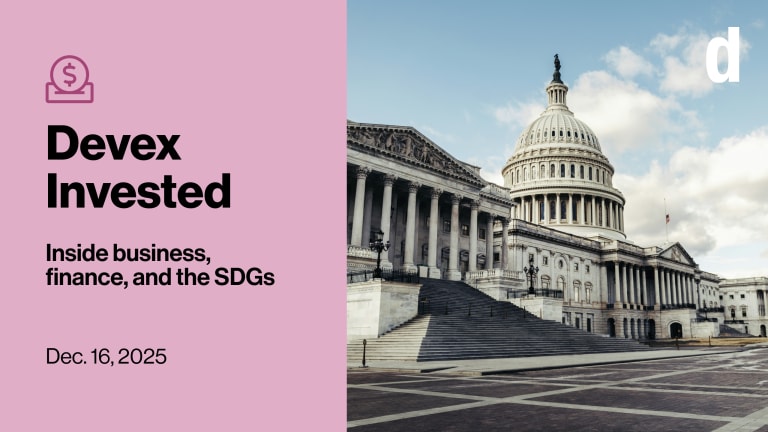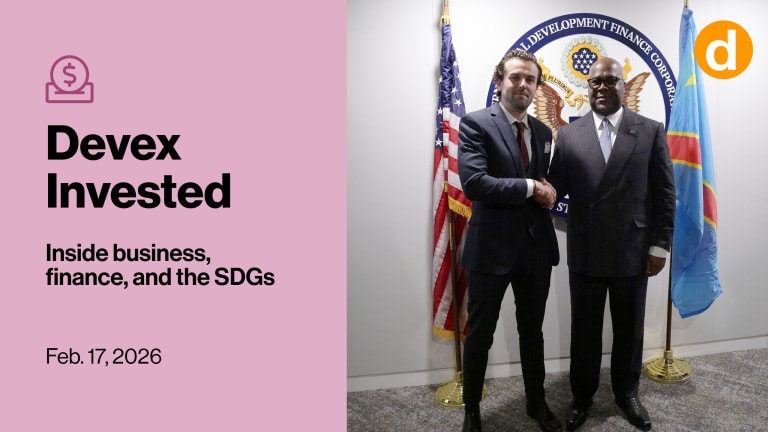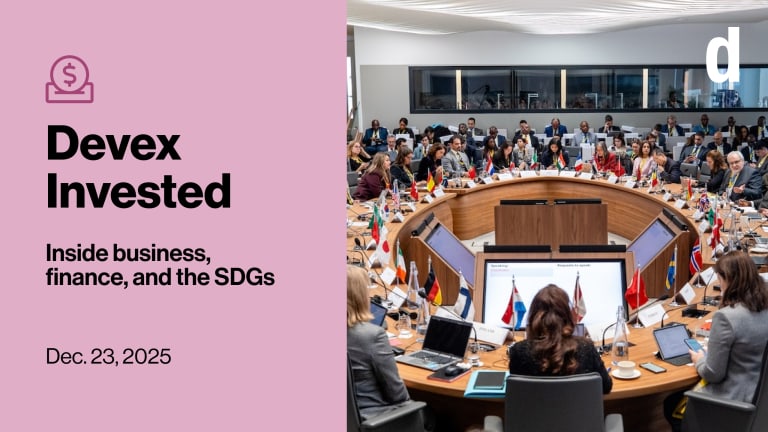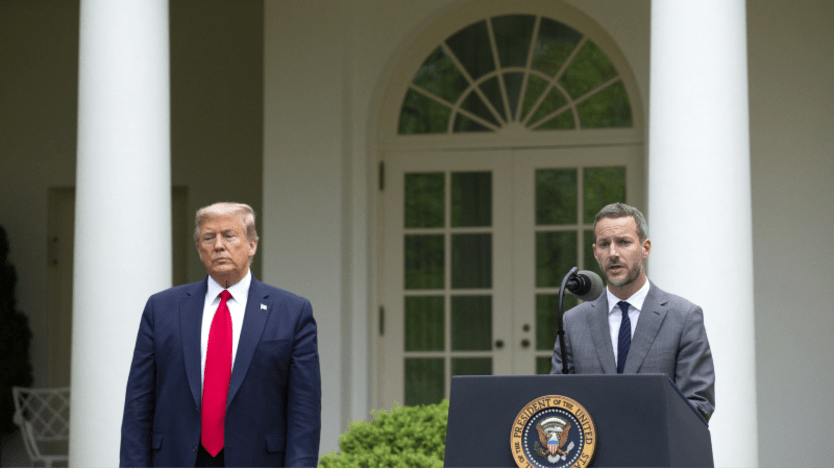
WASHINGTON — U.S. President Donald Trump issued an executive order Thursday giving the U.S. International Development Finance Corporation the authority to invest domestically to improve supply chains and shore up production of strategic resources in response to the COVID-19 crisis.
The move was a surprise to some development experts who questioned why an agency with an international development mandate was the right fit to manage the task.
“Why do you choose an agency that is involved in standing up and investing in businesses overseas and not a domestic agency?,” said George Ingram, senior fellow at the Brookings Institution. “I’m very concerned that you’re imposing on a new agency which is just getting organized and is not even fully staffed and structured.”
The executive order delegates the authority under the Defense Production Act “to make loans, make provision for purchases and commitments to purchase, and take additional actions to create, maintain, protect, expand, and restore the domestic industrial base capabilities, including supply chains within the United States and its territories,” to DFC and its CEO Adam Boehler. Boehler serves as an adviser to the White House Coronavirus Task Force.
The loan authority in the executive order is limited to those that support the national response and recovery to the COVID-19 outbreak and the resiliency of relevant domestic supply chains and will expire within a two-year period.
Boehler has been involved in domestic efforts to acquire ventilators in his advisory capacity to the task force. This experience emphasized how important it is for the U.S. not to rely heavily on others, particularly China, he said.
“One of the lessons I think so far in this pandemic is the ability to have strength in the American industrial base is important — both for the U.S. and our allies in developing countries,” Boehler told Devex following the announcement.
From there grew a need to improve U.S. manufacturing and access to critical supplies, either by building domestic capacity or “nearshoring to friends and allies,” he said.
“If this is normal times — these are not normal times — if there was any DFC mission creep we would scream and try to raise the alarm bells.”
— Anonymous senior development expertThe Department of Defense has that authority, but defense secretary Mark Esper indicated that his agency has a good idea of where to focus resilience efforts, but it doesn’t have the “capability and expertise on the loan and investment side,” Boehler said.
The idea emerged that DFC would set up a team, and — working in partnership with the Department of Defense and other agencies — identify opportunities “so we are prepared going forward in case of another pandemic,” he said.
DFC will set up a separate investment team to focus on the domestic portfolio so as not to shift focus from the agency’s other work, Boehler said, adding that DFC needs to be responsive to this once-in-100-years type of event.
The severity and unprecedented nature of the crisis has somewhat muted the reactions of some development experts to the decision, they told Devex.
“In some ways my attitude is a little subdued given that we’re in the midst of a crisis,” Ingram said.
But ensuring that the team is indeed “walled off” from the rest of the institution so that “it’s not a distraction,” will be critical, he said.
The loans administered through this new authority will be funded by the Department of Defense through the Defense Production Act and won’t count against DFC’s $60 billion lending cap.
DFC remains “fully committed to our core mission of development abroad” and the agency expects to present a record number of deals to its board in June with a “heavy focus on lower-income countries,” Boehler said.
DFC’s current pipeline of screened investment opportunities that the deal teams believe have a greater than 50% chance of approval has about 67 projects in it, 41 of which are in low-income and lower-middle-income countries — more than the agency’s 60% target for investment in those areas.
DFC will begin recruiting a team and setting up its ability to administer the new authority thoughtfully and strategically. It will not rush out to suddenly have a large transaction volume, Boehler said.
“My job in scaling an organization is to make sure we’re steered the right way,” he said.
If the DFC takes a measured approach, stays focused, and hires appropriately it will be OK, Boehler said.
“If you rush too much into something and you’re not thoughtful about it then you would risk that,” he said. “I’m cognizant of those risks. I took the role because I believe in our mission and our vision and values, and I hold those sacred.”
Several development experts Devex spoke with said they hope this will be true — and that despite this being outside what DFC was built for, this new authority won’t detract from the agency’s mission.
“If this is normal times — these are not normal times — if there was any DFC mission creep we would scream and try to raise the alarm bells,” said a senior development expert who requested anonymity to speak freely. But in this case, the expert is less worried, in part because the new authority is time bound and because the funding is not coming from DFC.
“That gives me some comfort that this is truly temporary and it’s not a permanent encroachment on the mandate of the DFC,” the expert said.
Visit our dedicated COVID-19 page for news, job opportunities, and funding insights.
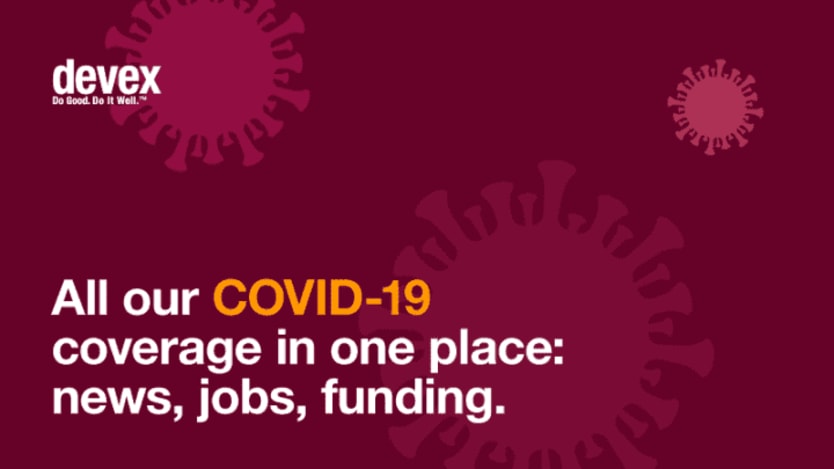
Search for articles
Most Read
- 1
- 2
- 3
- 4
- 5





